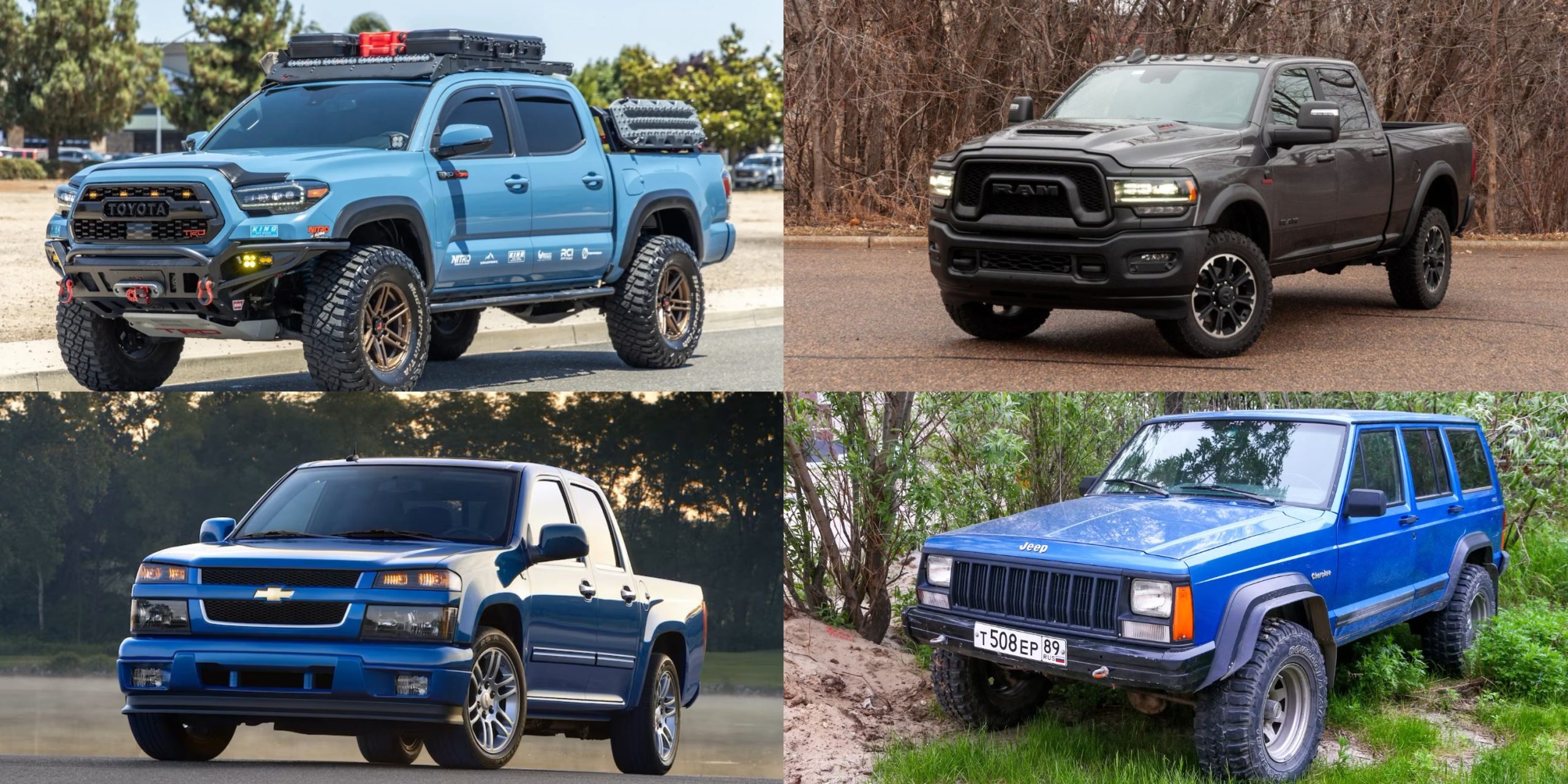Fleet managers know that vehicle reliability can make or break a business. Whether it’s a plumbing company racing to meet service calls or a delivery operation keeping up with tight schedules, the last thing anyone needs is a vehicle that constantly breaks down.
Fleet vehicles are the backbone of many industries, and with so much riding on them, making the right choice is critical. While some models have earned reputations for dependability, others can turn into expensive headaches over time.
Let’s take a look at ten well-known fleet vehicles—five that have consistently proven their reliability under pressure, and five that, unfortunately, tend to fall apart when it matters most.
This guide is meant to help business owners, fleet managers, and even everyday drivers make informed decisions when choosing a vehicle that will endure the demands of real-world use.
Backed by performance data, repair trends, and long-term user feedback, this breakdown separates the dependable workhorses from the costly liabilities.
Reliability goes beyond just the engine. It includes how a vehicle handles regular wear and tear, how easily it can be serviced, and how well it holds its value over time.
Some fleet vehicles may look good on paper but falter in the field, breaking down during heavy loads, requiring frequent repairs, or coming with high parts costs. With that in mind, let’s explore what makes a fleet vehicle truly reliable before we name the winners—and the letdowns.
Also Read: 5 Cars That Survive Road Trips and 5 That You’ll Regret Taking
What Makes a Fleet Vehicle Reliable?
Fleet vehicle reliability isn’t a one-size-fits-all concept. For commercial use, a reliable vehicle isn’t just one that starts every morning—it can handle repeated tasks without complaint, hold up to diverse driving conditions, and doesn’t end up sidelined in the shop for weeks.
Engine durability, powertrain strength, and the build quality all play a role. But it’s also about things like fuel efficiency, service intervals, part availability, and total cost of ownership. When you’re buying multiple units for a fleet, even small differences can add up to thousands in extra costs.
Another major factor is ease of maintenance. Some vehicles are engineered with simplicity and accessibility in mind, which means that routine services or minor repairs can be done quickly and at a lower cost.
In contrast, vehicles with complex systems or parts that are hard to reach can dramatically increase downtime and repair expenses.
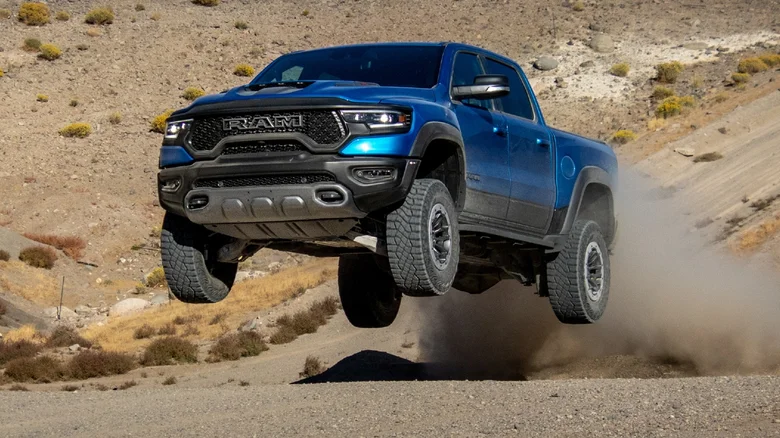
Fleet managers often prioritize models with a well-documented service history and widely available parts, ensuring they can keep vehicles on the road instead of in the shop.
Lastly, driver experience matters. A reliable fleet vehicle should also offer a comfortable, functional, and intuitive driving experience.
When drivers are happy behind the wheel—because the truck has good visibility, solid ergonomics, or modern safety features—they’re less likely to make mistakes and more likely to take care of the vehicle.
Driver comfort and usability often go hand-in-hand with reliability, especially when fatigue or misuse can contribute to mechanical wear. With those standards in mind, let’s get into the top five most reliable fleet vehicles.
Top 5 Reliable Fleet Vehicles
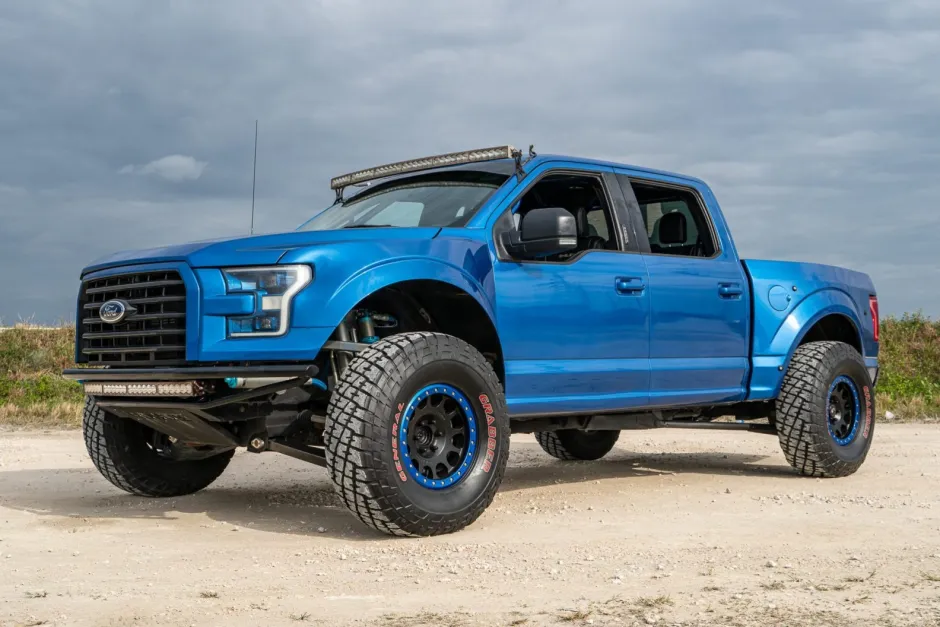
1. Ford F-150
It’s hard to mention fleet reliability without tipping the hat to the Ford F-150. America’s best-selling truck year after year, the F-150 has earned a reputation for balancing power, utility, and dependability.
It comes with multiple engine options—including a famously durable 5.0L V8 and the fuel-efficient EcoBoost V6—both of which offer exceptional towing capacity and proven longevity. The F-150’s high-strength, military-grade aluminum body also reduces corrosion risk while keeping weight down.
Fleet operators consistently praise the F-150 for its low cost of ownership and consistent maintenance records. Ford has invested heavily in making this truck fleet-friendly, with features like onboard diagnostics, fleet telematics, and easily replaceable components.
Parts are widely available, and most general mechanics are well-versed in Ford truck repairs. This all leads to less downtime and smoother logistics for companies running multiple units.
Another advantage is comfort and versatility. Modern F-150s come with spacious cabins, ergonomic controls, and a range of tech options like driver assist features and in-cab productivity tools.
Whether used in construction, utilities, or delivery, the F-150 stands out as a tough, reliable performer that rarely lets its fleet owners down.
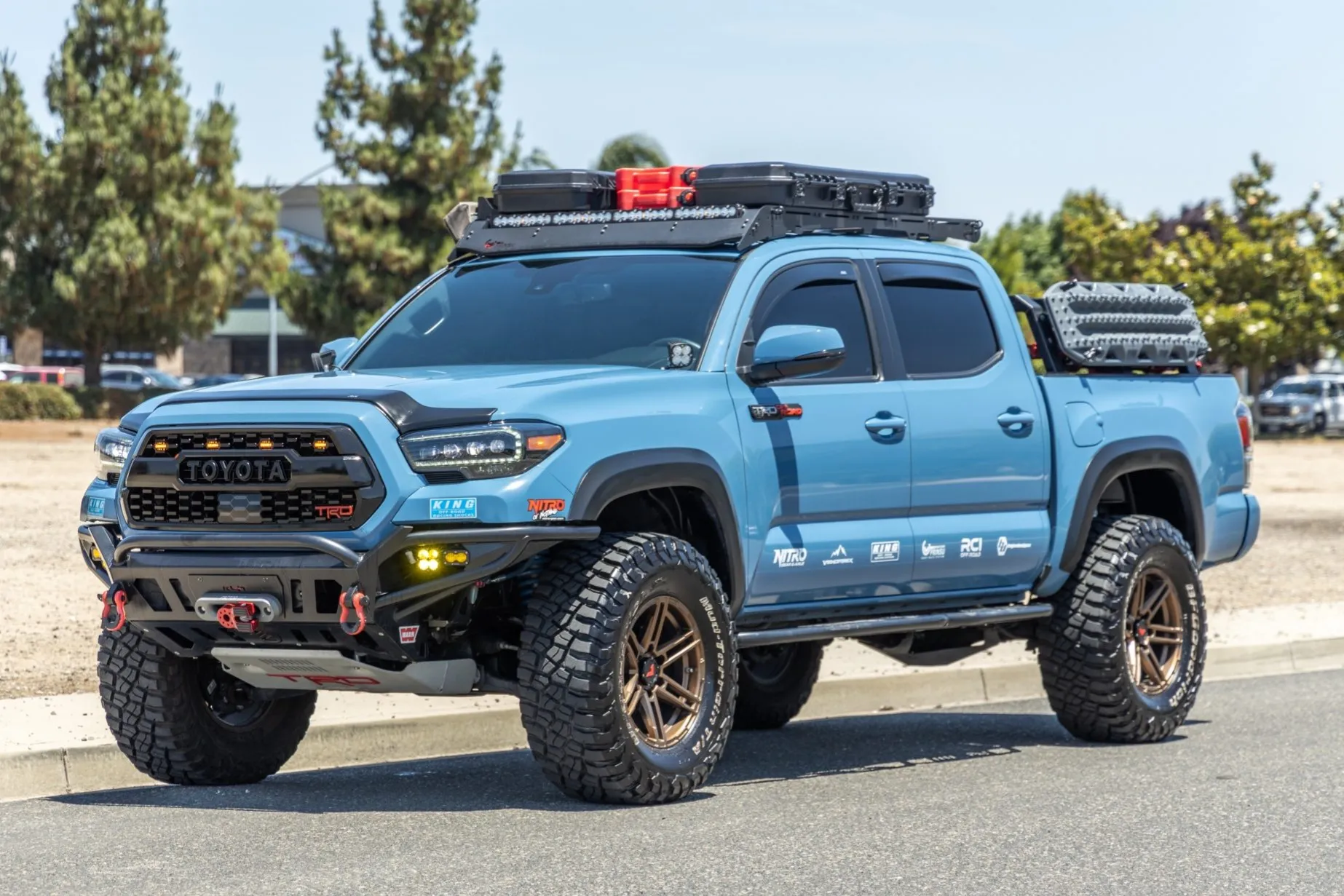
2. Toyota Tacoma
The Toyota Tacoma is a legend in reliability circles, and for good reason. This midsize pickup is practically synonymous with durability, often lasting well beyond 300,000 miles with regular maintenance.
Its body-on-frame construction, off-road toughness, and proven powertrains make it a favorite for companies that need a capable vehicle with a smaller footprint than a full-size truck. It’s also ideal for fleets that operate in rugged or rural areas.
Toyota’s global reputation for reliability carries over strongly into the Tacoma’s fleet performance. It features a straightforward 3.5L V6 engine, which, while not the most powerful in its class, has an excellent record for long-term durability.
The transmission, suspension, and undercarriage are all designed to withstand serious punishment without frequent breakdowns. And despite its ruggedness, it’s also relatively comfortable for daily driving.
Fleet buyers also appreciate Toyota’s resale value, which is among the highest in the truck segment. Even after years of hard use, Tacomas retain a surprising amount of their original price—adding to their appeal from an investment perspective. When reliability is non-negotiable, the Tacoma makes an easy case for itself in any fleet.
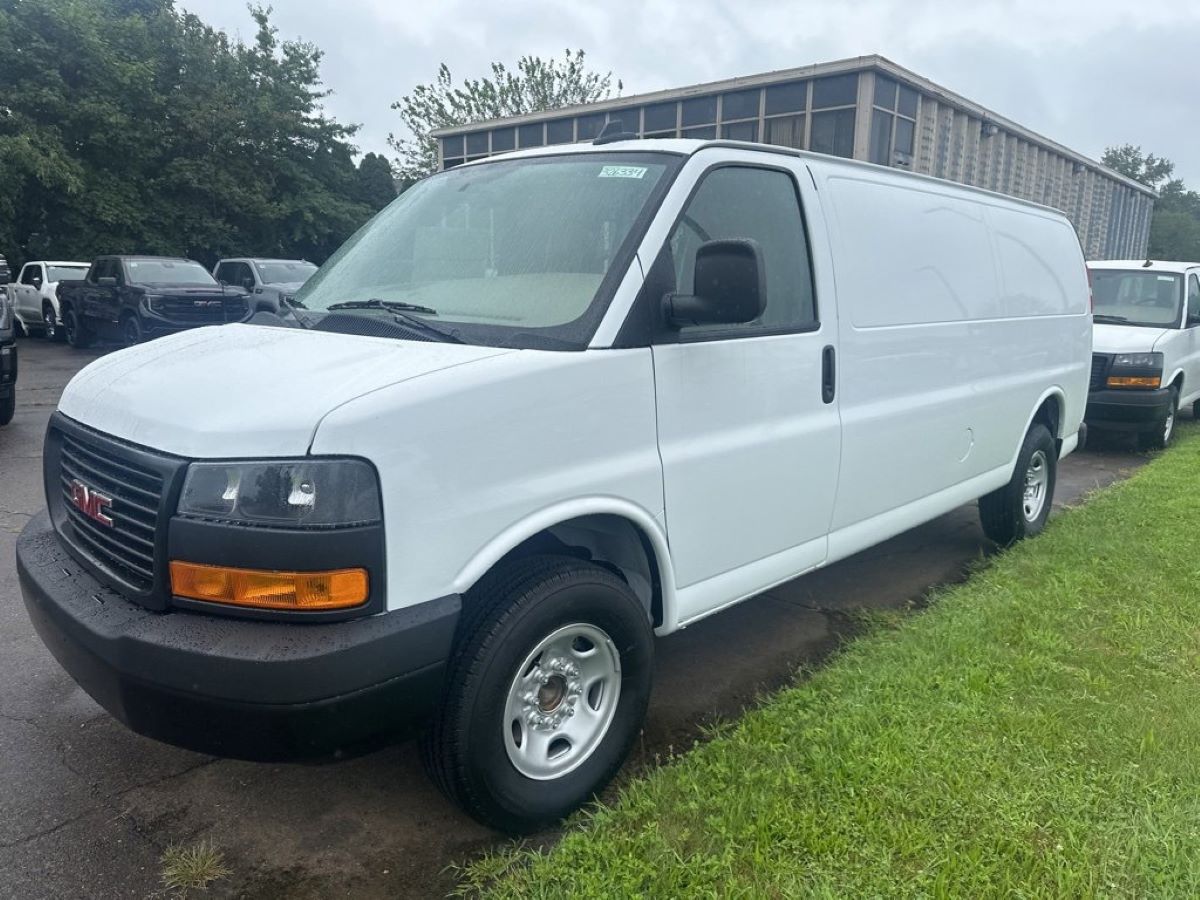
3. Chevrolet Express Van
When it comes to utility vans, few have the longstanding reputation of the Chevrolet Express. Despite being a relatively old platform, the Express has continued to win favor among fleet buyers for one simple reason: it works.
Whether used by electricians, HVAC companies, or delivery services, this full-size van offers a reliable V8 engine, rear-wheel drive, and a no-frills interior built for business.
One of the Express Van’s strongest assets is its mechanical simplicity. Unlike newer, more tech-heavy models that can be plagued by finicky electronics, the Express sticks to a basic formula.
That makes it easier and cheaper to maintain, which is gold in fleet operations. Its 4.3L V6 and optional 6.0L V8 engines have a history of solid performance and low failure rates, even under heavy daily use.
Additionally, its boxy layout and spacious cargo area make up for its somewhat dated design. With excellent payload capacity and the ability to customize the interior for different trades, the Express Van continues to be a dependable backbone for businesses needing secure, capable transportation.
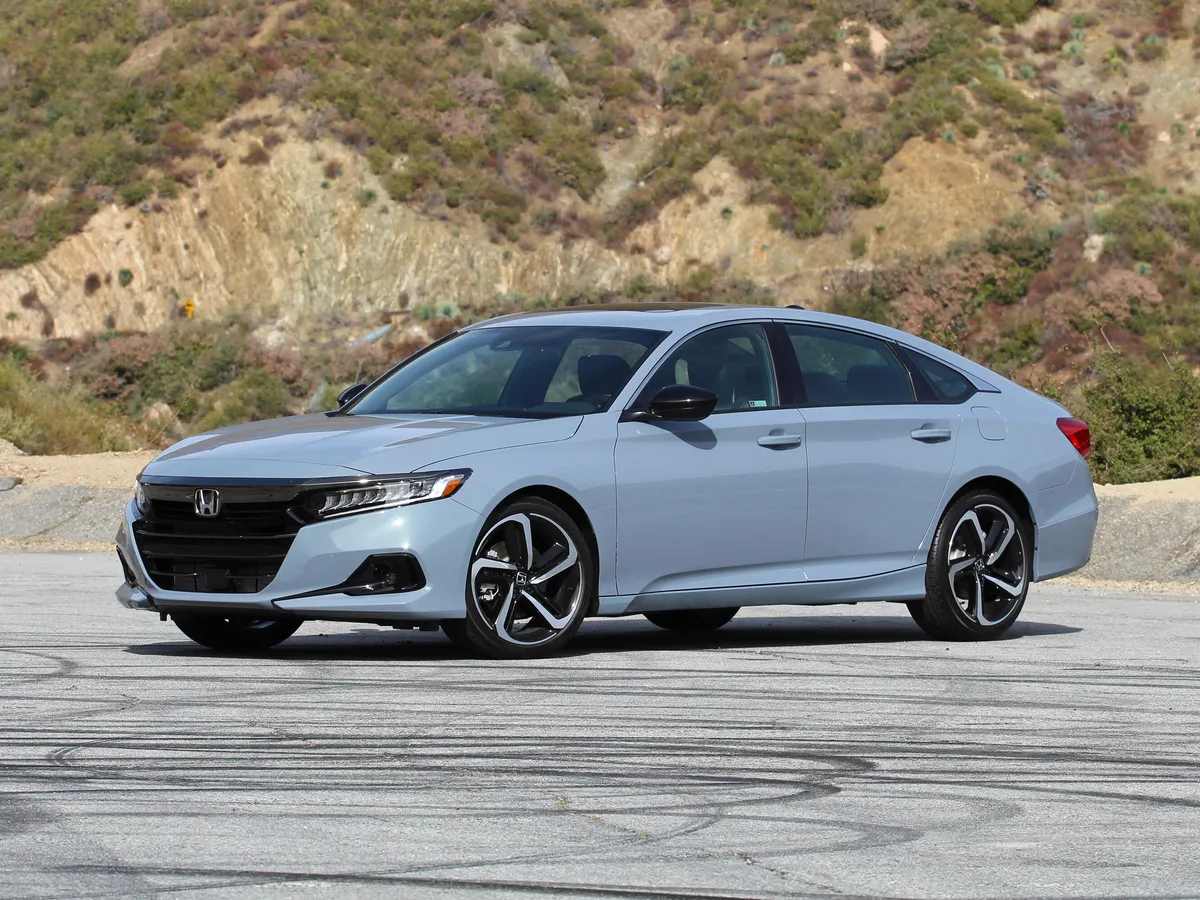
4. Honda Accord
While pickups and vans often dominate fleet discussions, the Honda Accord earns a spot on the list for companies that rely on sedans for sales teams, healthcare professionals, or municipal fleets. The Accord is well-known for its bulletproof reliability, low maintenance costs, and comfort.
Honda has consistently engineered the Accord with high-quality components and efficient powertrains that routinely deliver 200,000+ miles without major issues.
The Accord’s 1.5L and 2.0L engines offer solid fuel economy and strong acceleration, particularly in the turbocharged variants. Beyond its powertrain, the Accord shines in interior quality and safety features, which include Honda Sensing (a suite of driver-assist technologies).
That helps reduce the likelihood of accidents, making it a smart investment from a risk-management perspective for fleet operators.
Another huge perk is the total cost of ownership. Insurance rates for the Accord are typically low, parts are inexpensive, and it depreciates more slowly than many of its midsize competitors.
For companies that need a sedan with a long-term return on investment, the Honda Accord is a solid bet that balances performance, reliability, and comfort.
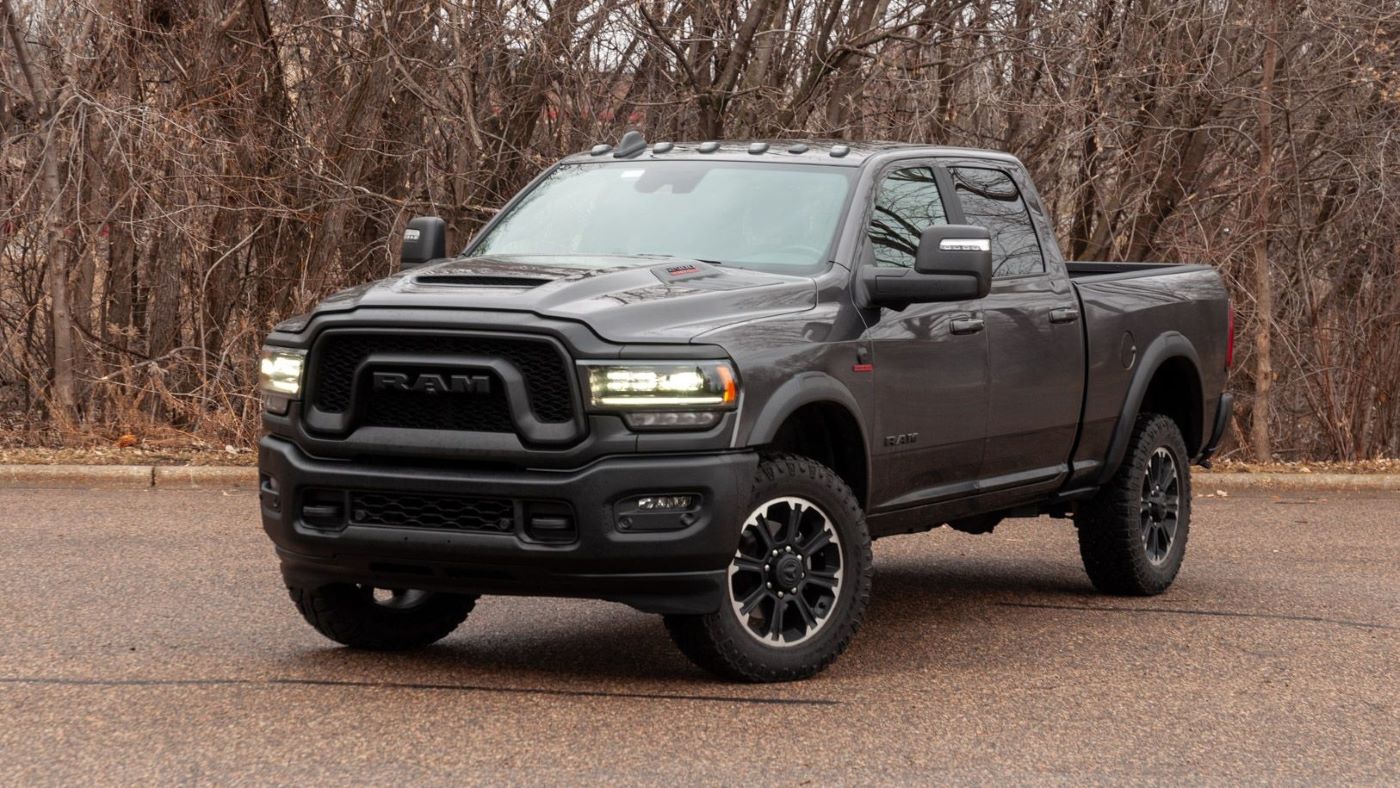
5. Ram 2500
Heavy-duty fleets need heavy-duty vehicles, and the Ram 2500 delivers serious capability without sacrificing reliability.
Ideal for construction, towing, and off-road fleet operations, the Ram 2500 comes with the option of a legendary 6.7L Cummins diesel engine known for lasting hundreds of thousands of miles when maintained properly.
That power, paired with impressive torque and payload ratings, makes it a go-to for demanding job sites.
Fleet operators appreciate how the Ram 2500 strikes a balance between brute strength and modern convenience.
The interior is well-designed, featuring intuitive controls and good driver comfort—even in base trims. It also includes safety and tech features like trailer brake control, backup cameras, and advanced towing systems, which reduce wear and tear while improving job efficiency.
Importantly, the 2500’s track record in commercial settings shows lower failure rates in critical areas like the transmission and suspension, especially in diesel models.
For companies that regularly put their vehicles through punishing conditions, the Ram 2500 remains one of the most trusted tools in the toolbox.
5 Fleet Vehicles That Break Under Pressure
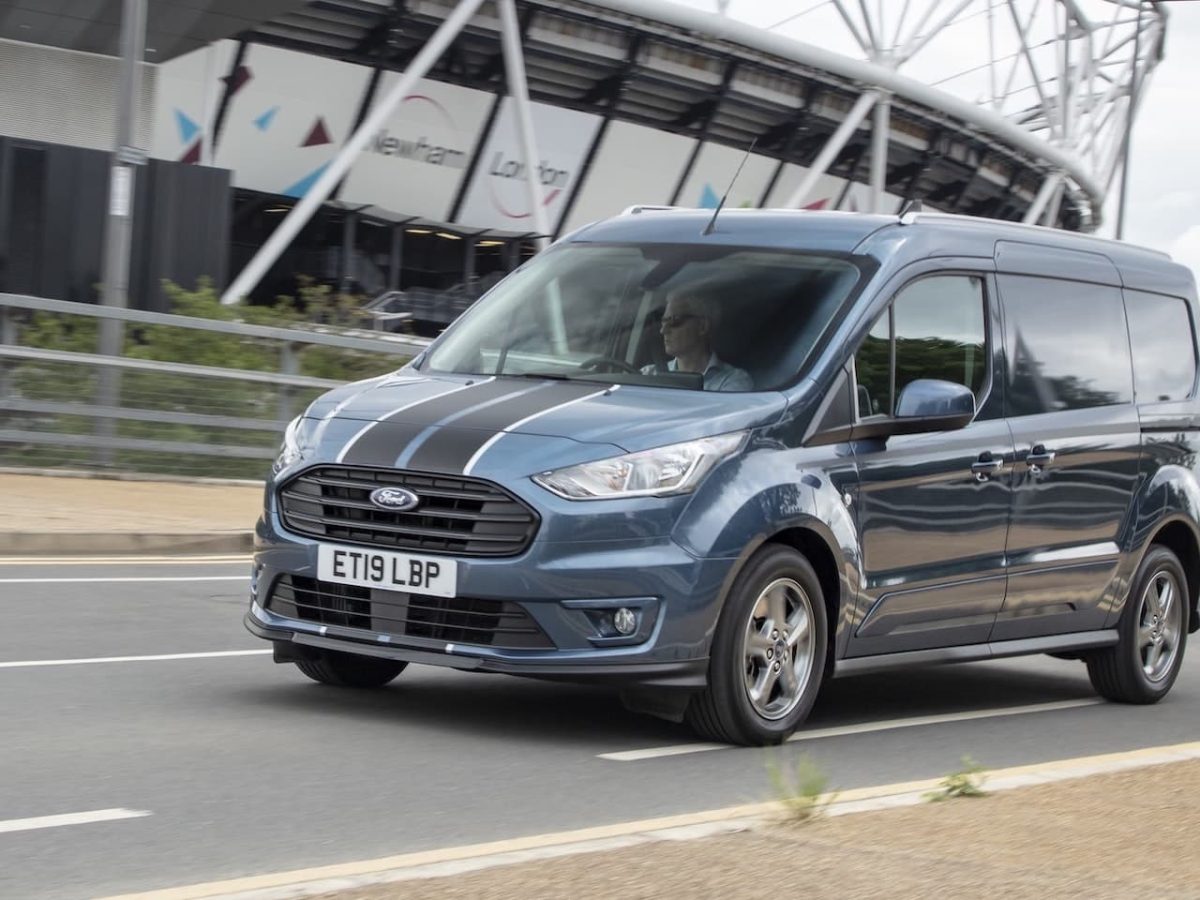
1. Ford Transit Connect (Older Models)
While the Ford Transit Connect offers great urban agility and storage space, older models—particularly those from 2010 to 2014—are notorious for their mechanical problems.
Many fleet managers have reported transmission issues, faulty sensors, and electrical gremlins that make these compact vans less than ideal for serious commercial use. Even the redesigned versions had teething issues with the dual-clutch automatic transmission, leading to unexpected downtime.
The biggest issue? Unreliable powertrains that don’t hold up well under frequent stop-and-go conditions or heavier-than-expected loads.
The 2.0L and 2.5L engines lack the muscle needed for rigorous work, and once you factor in the subpar build quality of earlier models, maintenance becomes a frustratingly regular part of ownership. That’s a headache most fleet operators want to avoid.
For small businesses drawn in by the Transit Connect’s efficient footprint and low price, the long-term costs can be deceptive. While newer models have improved, the vehicle still struggles with long-term durability compared to full-sized vans or competitors like the Nissan NV200.
Fleet managers looking for dependability over five or more years often end up switching to more robust alternatives.
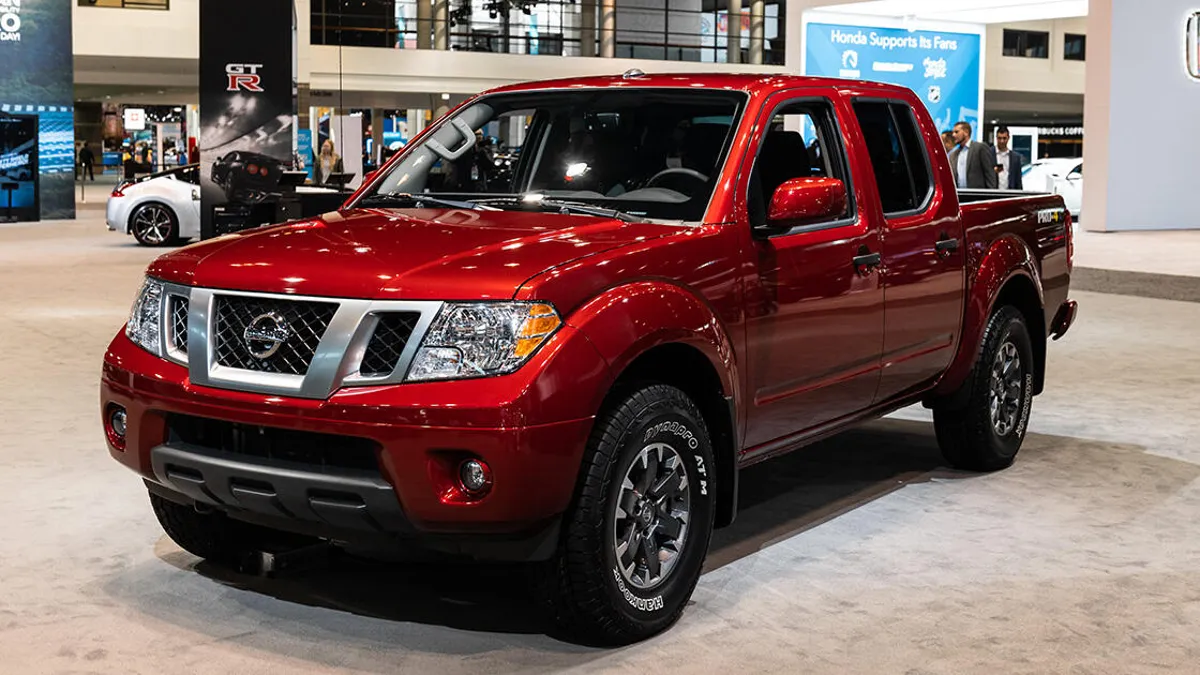
2. Nissan Frontier (Pre-2022 Models)
Before its recent redesign, the Nissan Frontier languished with outdated technology and questionable reliability.
While it has fans for its rugged design, many older Frontiers—especially those from 2005 through the late 2010s—suffered from known transmission problems, radiator leaks, and underwhelming fuel economy. For fleets, this often translated into higher maintenance costs and shorter service lifespans.
The infamous “strawberry milkshake” issue—caused by coolant leaking into the transmission fluid—was one of the major reliability disasters that haunted many Frontier owners.
For fleet managers, having to replace transmissions prematurely is a dealbreaker. And because these problems often occurred right after warranty expiration, they led to costly repairs that could have been avoided with a better design.
Even aside from the powertrain issues, the pre-2022 Frontier felt behind the times in terms of interior comfort and features.
Basic infotainment, poor fuel economy, and a rough ride all made it less attractive for daily-use fleets. Nissan has since addressed many of these concerns in the redesigned models, but the old Frontier still casts a long shadow.
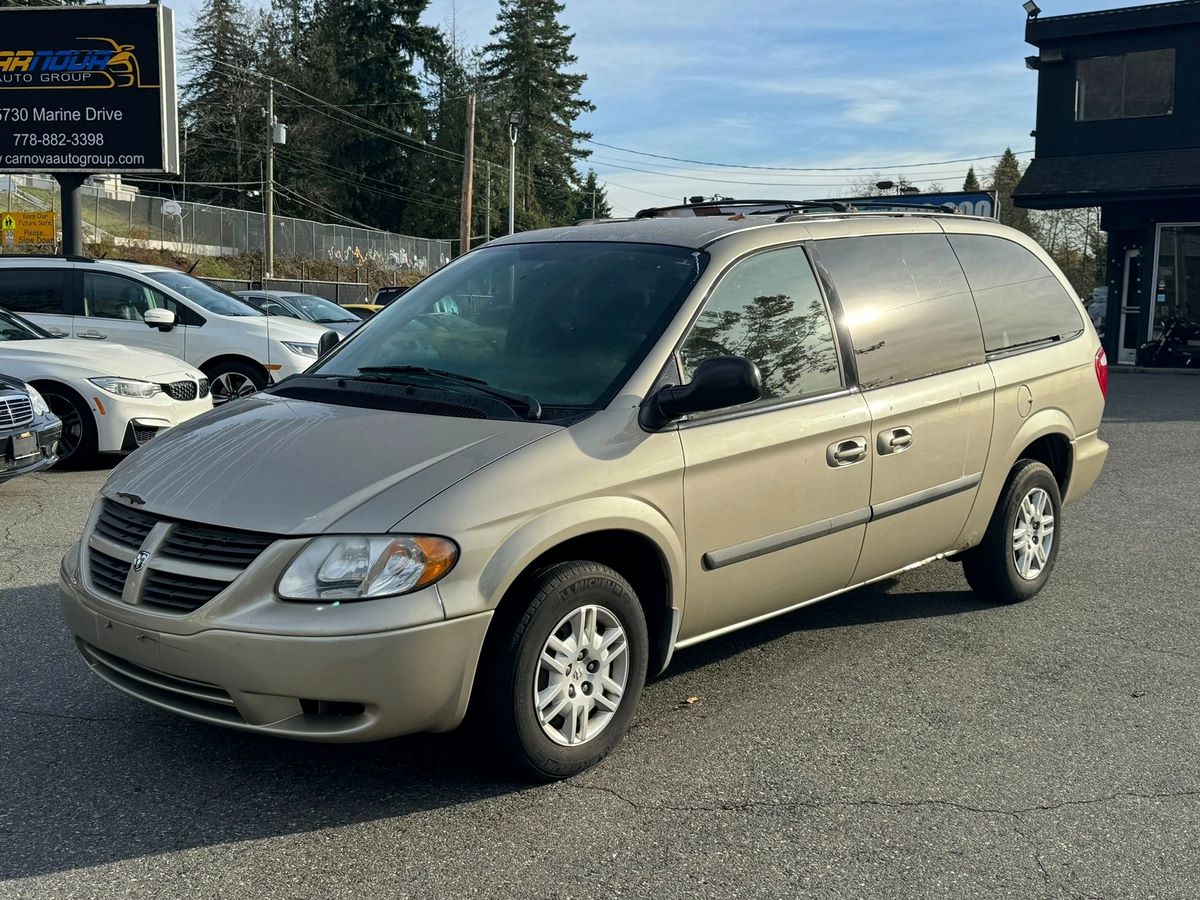
3. Dodge Grand Caravan
The Dodge Grand Caravan was a fleet favorite for many years, mainly due to its affordability, but its low upfront cost often masked deeper reliability concerns.
Known for its versatile Stow ‘n Go seating and cavernous interior, the Grand Caravan’s real-world performance told a different story: frequent transmission issues, premature brake wear, and engine sensor problems plagued fleet operators.
The Caravan’s 3.6L Pentastar V6 is powerful, but it’s also been prone to oil consumption issues and timing chain wear. Transmission complaints are common, with many owners reporting jerky shifts or total failures before hitting 100,000 miles. For a fleet vehicle expected to run hard every day, these kinds of breakdowns spell trouble.
Adding to the headache is its poor resale value. Once a Grand Caravan reaches high mileage, it becomes almost worthless in the used market, regardless of condition.
While it served as a budget-friendly choice for years, most fleet managers have since moved on to more reliable minivans like the Toyota Sienna or Chrysler Pacifica.
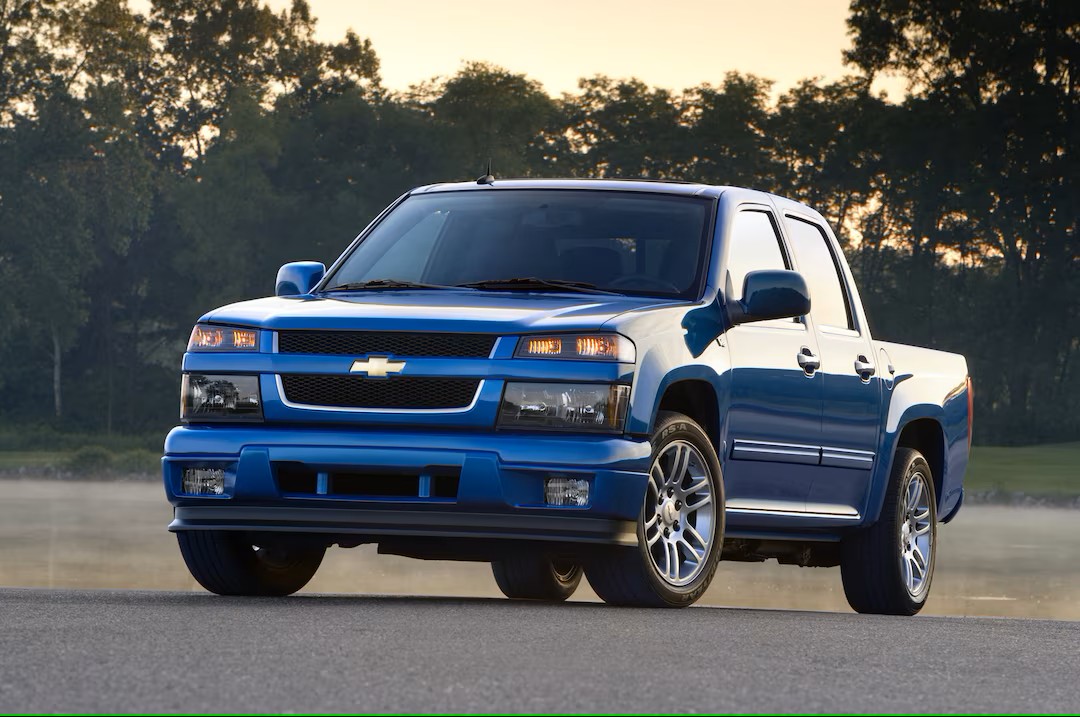
4. Chevrolet Colorado (Early 2010s)
While the newer Chevy Colorado is far more refined and capable, earlier models—especially those from 2010 and prior—were plagued by reliability concerns. These included engine misfires, rough transmissions, and electrical gremlins.
The 2.9L inline-four and 3.7L five-cylinder engines used during this era had mixed reputations, and maintenance on them was far more involved than necessary for a fleet vehicle.
For fleet managers, a vehicle that frequently throws check-engine lights or fails emissions tests is a liability.
Colorado owners commonly reported issues with the fuel system, ignition coils, and the electronic throttle control system. Those problems resulted in unexpected breakdowns and long garage visits—something no busy fleet operation wants.
While Chevrolet improved the platform significantly after 2015, many buyers are still cautious, especially when purchasing used models. The inconsistency in early Colorados hurt their reputation in fleet circles, even as newer generations have worked hard to restore trust.
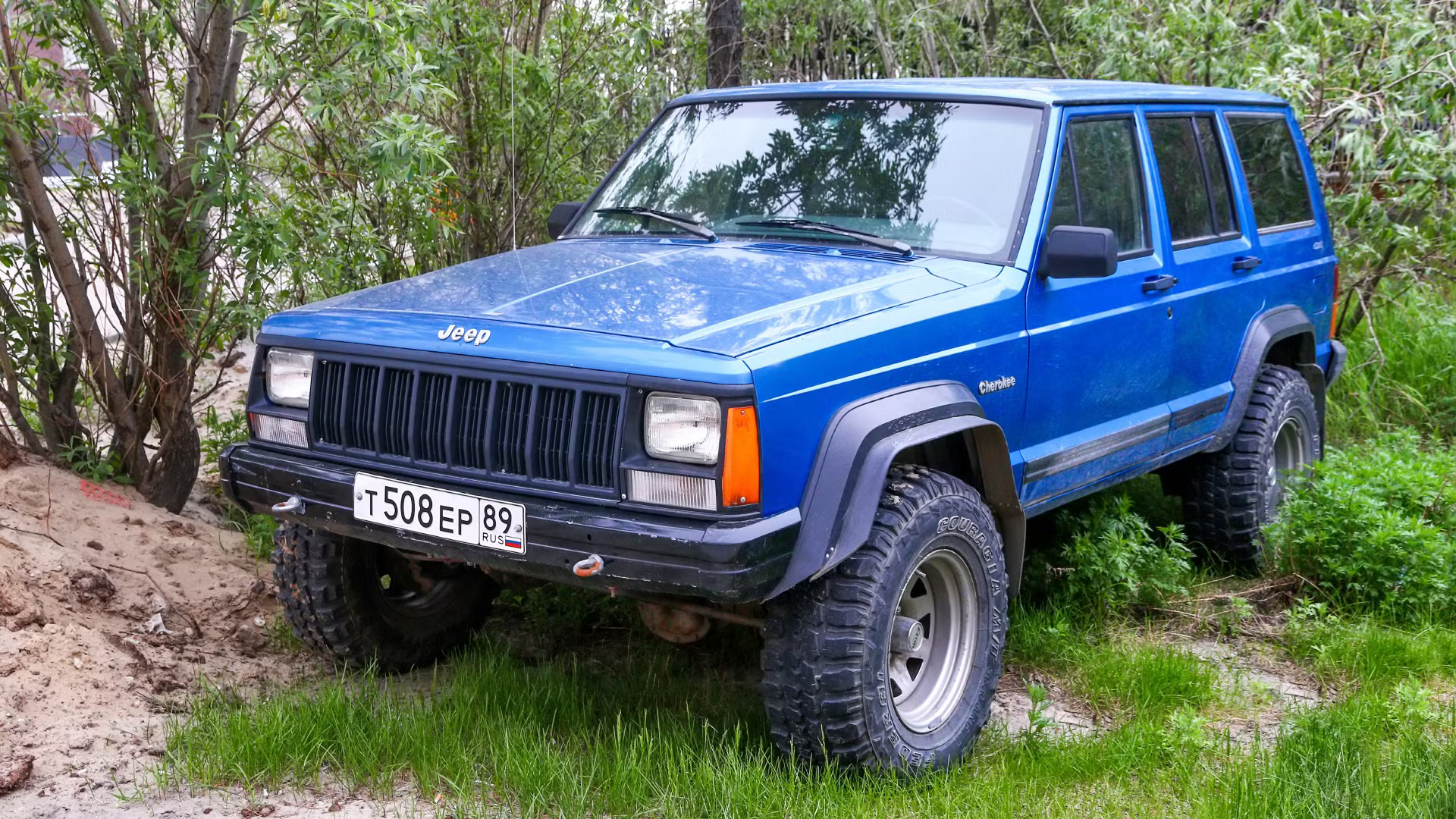
5. Jeep Cherokee
Despite its rugged branding, the Jeep Cherokee—particularly the 2014–2019 models—struggled to meet the demands of daily fleet use. One of the biggest issues was the 9-speed ZF automatic transmission, which was often criticized for being unpredictable, jerky, and prone to failure.
That made for an uncomfortable and unreliable driving experience—especially problematic in a work setting.
Many owners also cited problems with the 2.4L Tigershark engine, including excessive oil consumption and overheating.
These issues often resulted in engine damage if not caught early. Add in software glitches, weak suspension components, and underwhelming towing capacity, and the Cherokee starts to feel more like a liability than a fleet asset.
While the Jeep Cherokee might appeal to buyers looking for off-road style or compact SUV capability, its high cost of repairs, spotty reliability history, and uneven ride quality make it a poor choice for most fleet applications.
For similar utility in a more dependable package, many fleet managers have switched to options like the Ford Escape or Toyota RAV4.
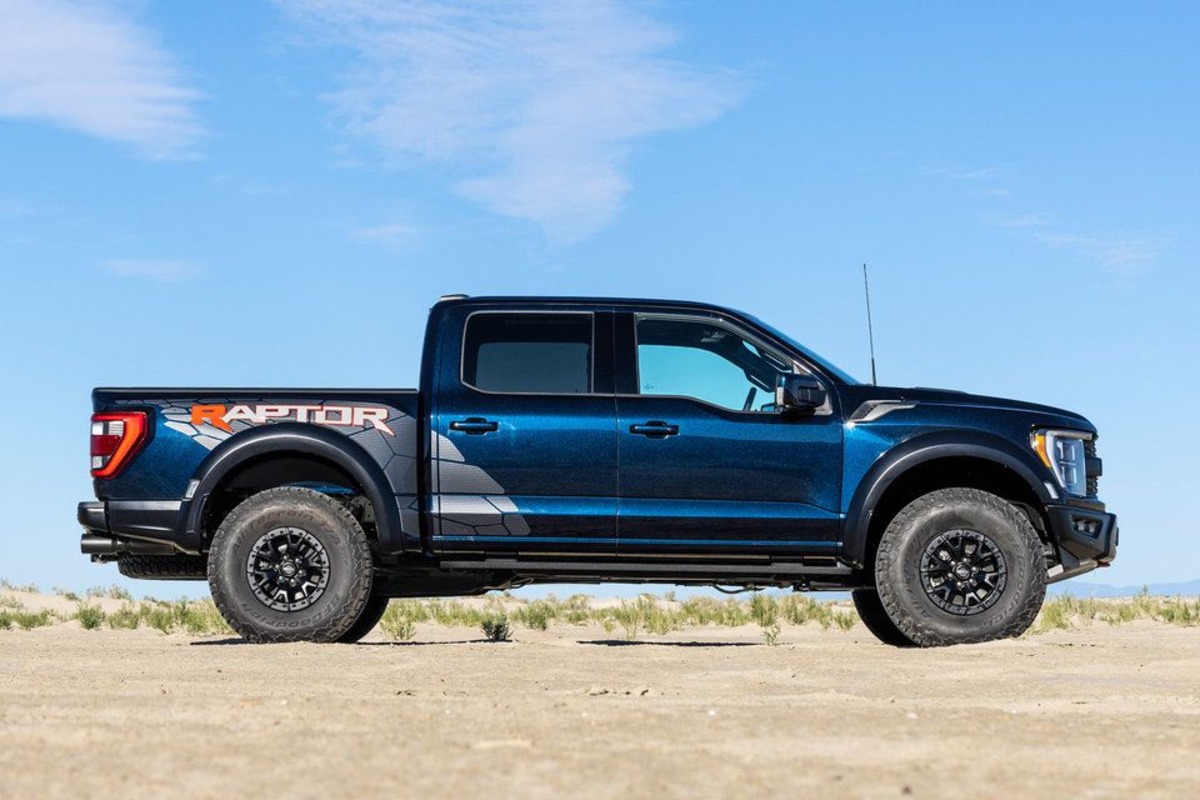
Reliability is More Than Just a Badge
Choosing the right fleet vehicle involves more than just comparing specs or brand loyalty—it’s about understanding long-term performance, real-world usage, and how each vehicle handles the daily grind.
Vehicles like the Ford F-150 and Honda Accord earn their reputation because they’ve been tested in the toughest environments and continue to perform.
On the other hand, flashy features or low prices can be tempting, but they don’t always translate into true fleet reliability.
A vehicle that “breaks under pressure” doesn’t just cause mechanical issues—it disrupts operations, frustrates employees, and costs companies money.
Also Read: 5 Cars That Can Handle Heavy Daily Use and 5 That Can’t
That’s why fleet managers rely heavily on long-term reviews, service history, and manufacturer support before making decisions. It’s not just about buying a truck or van—it’s about investing in your business’s efficiency and reputation.
Whether you’re building a small team of service vehicles or managing a nationwide fleet, the bottom line is clear: choose vehicles that are proven to last.
The cost of cutting corners is almost always higher in the long run. Stick with the tried-and-true performers, and your fleet will reward you with years of steady, dependable service.

